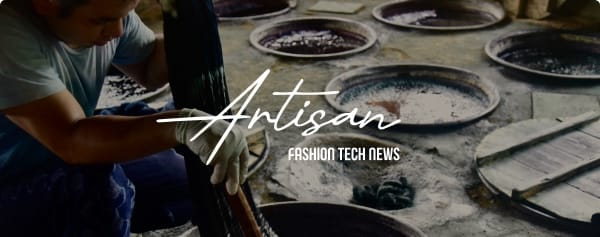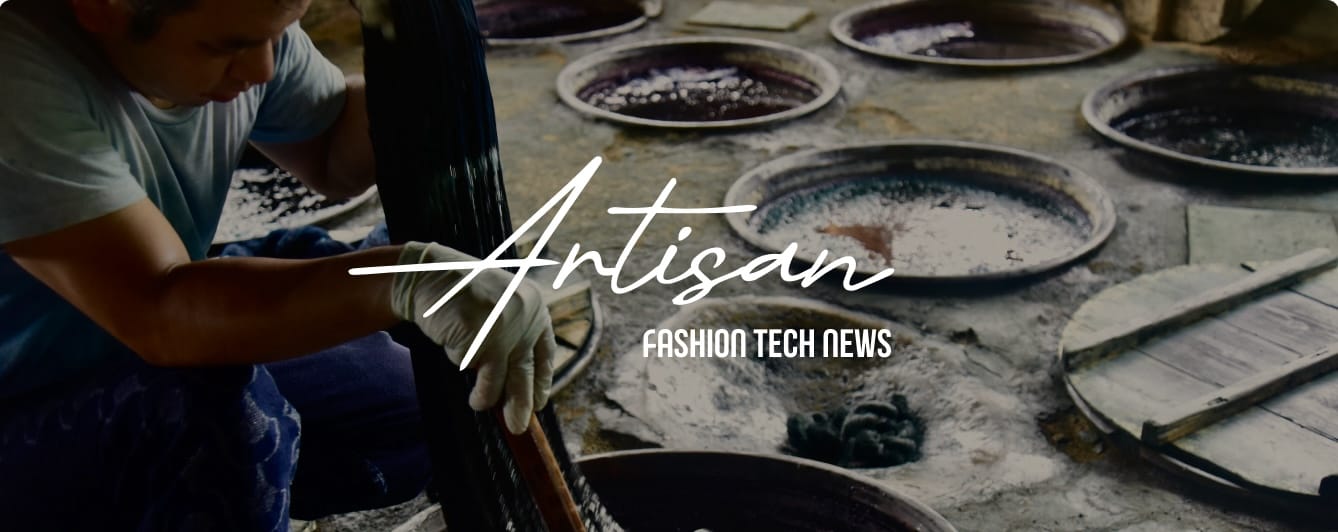12.19FRI
Clothes Reborn as Furniture? The Innovative "PANECO" Reducing Fashion Waste for a Sustainable Future

With words like sustainability and SDGs becoming mainstream, many people are now conscious about eco-friendly initiatives. One of the major issues we face today, "fashion waste," has garnered attention for innovative solutions. One such solution is the textile upcycling board PANECO, made from discarded clothing fibers.
Recently, UNITED ARROWS Ltd. announced the creation of stools made from PANECO as part of their sustainability activities, "SARROWS." These stools will be installed at 16 GREEN LABEL RELAXING stores, showcasing large corporations' commitment to sustainability.
This time, we interviewed Kazuhiro Hara, CEO of WORKSTUDIO CORPORATION, the developer of PANECO, to discuss the unique aspects of this material and the company's environmental initiatives.
Recently, UNITED ARROWS Ltd. announced the creation of stools made from PANECO as part of their sustainability activities, "SARROWS." These stools will be installed at 16 GREEN LABEL RELAXING stores, showcasing large corporations' commitment to sustainability.
This time, we interviewed Kazuhiro Hara, CEO of WORKSTUDIO CORPORATION, the developer of PANECO, to discuss the unique aspects of this material and the company's environmental initiatives.
Furniture Company Develops Sustainable Fixtures from Discarded Clothing
PANECO is a sustainable "textile upcycling board" made from discarded clothing and manufacturing offcuts, which are recycled into hard, easily processable, and aesthetically pleasing boards. These boards are reused in various products like store fixtures and office furniture. We delved into how PANECO came to be and the material it's made from."Our company was founded in 1998, and we've since been involved in designing and manufacturing store display fixtures. We came up with the idea of creating fixtures from discarded clothing based on various client requests, which led to the development of PANECO.
"However, as we weren't recycling experts or material developers, it was a challenging process. Through trial and error, we figured that, like wood fibers used in particle boards, clothing fibers could also be compacted. This idea eventually led to the successful creation of the product."
This article is for members only.
Please register to read the rest of the article.
What you can do with a membership
- Read members-only articles
and use text-to-speech. - Unlimited article favourites
and browsing history. - Attend members-only events.
- Get the latest information
with our email newsletter.
RELATED ARTICLES
CONCEPT VIDEO
"fashion tech news" Unveils New Logo & Concept Video
CONTACT
If you have any questions or enquiries, please enter your details in the form below.

















.png?w=400&fm=webp)



